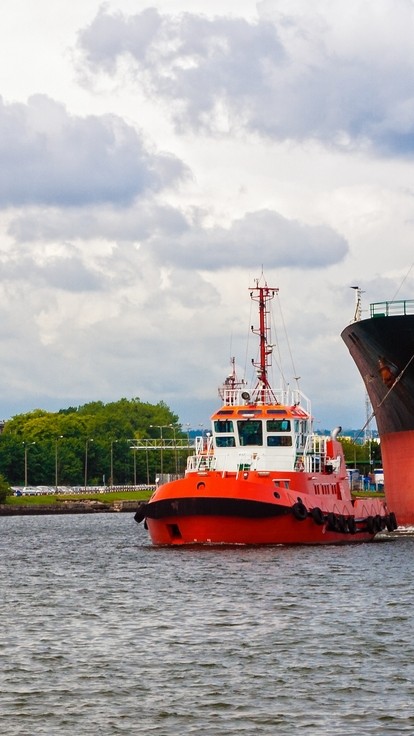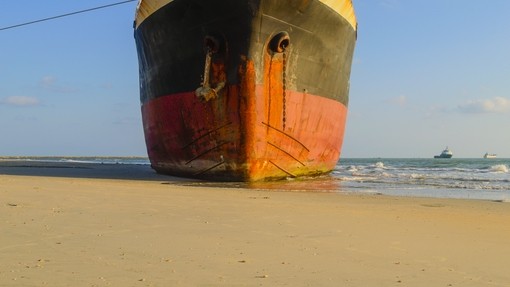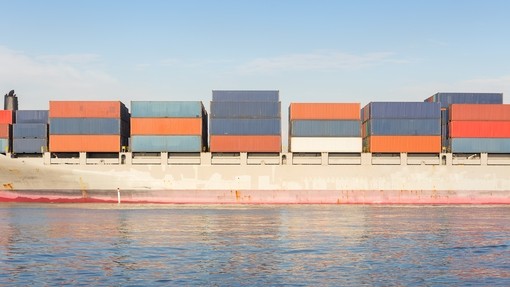The European Court of Justice – Assens Havn -v- Navigators Management (UK) Limited C-368/16

Details
In this case, the European Court of Justice (ECJ) ruled that a third party was entitled to bring a direct action against the insurer of the party which caused them harm and was not bound by an agreement on jurisdiction concluded between the insurer and that party. Therefore, even if the insurer had agreed an exclusive jurisdiction clause with the insured, a third party victim could still sue the insurer in the member state where the damage occurred provided there was national legislation allowing it, or where the third party was domiciled.
The factual background
In 2007, a Swedish company, Skåne Entreprenad Services AB (Skåne), was in charge of the transportation of sugar beet to Nykøbing Falster (Denmark). Part of the journey involved shipping the cargo from Assens (Denmark) to Nakskov (Denmark) which necessarily required Skåne to charter a number of tugs and lighters. One of these tugs was the “SEA ENDEAVOUR I”. For the purposes of this section of the journey, Skåne took out liability insurance with Navigators.
The insurance policy contained an exclusive law and jurisdiction clause whereby the parties agreed to submit to the law and exclusive jurisdiction of England and Wales. Navigators’ conditions of insurance also contained a clause stipulating that the insurance was governed by and construed in accordance with English law, and in particular, was subject to and incorporated the terms of the Marine Insurance Act 1906. This insurance was also subject to the exclusive jurisdiction of the High Court in London.
When the “SEA ENDEAVOUR I” arrived in Assens Havn, damage was caused to the quay installations. The parties disagreed about how the damage was caused and who was liable for it. However, before these issues could be resolved, Skåne had gone into liquidation. Assens Havn brought an action directly against Navigators, as the liability insurer of the party which allegedly caused the harm, before the Sø-og Handelsret (Maritime and Commercial Court, Denmark), seeking an order that the company pay it compensation for the damage in question in the sum of 1,310,536 Danish crowns (approximately €176,270). This action was dismissed on the basis that the Danish courts did not have jurisdiction as the agreement on jurisdiction concluded between the parties to the insurance contract was also binding on the injured party. Assens Havn appealed this decision to the Højesteret (Supreme Court, Denmark) which then stayed proceedings and referred a question to the ECJ.
The judgment
The referring court asked the ECJ whether Assens Havn, who had the ability to bring proceedings directly against the insurers by virtue of national Danish law, was bound by the agreement on jurisdiction contained in the insurance contract and the conditions of insurance.
In order to answer this question, it was necessary for the ECJ to refer to the provisions of Chapter II, section 3, of Regulation No 44/2001 (Brussels I) and its objectives which established an autonomous system for the conferral of jurisdiction in matters of insurance.
The ECJ quickly pointed out in their judgement that contracts of insurance were characterised by an imbalance between the contracting parties; an imbalance that the provisions of Brussels I, and specifically section 3, sought to rectify. In particular, those provisions aimed to ease the situation of a victim of insured damage by enabling them to sue the insurer in question before the courts of the place where the harmful event occurred, provided that the national law permitted such a direct action. As such, the jurisdiction agreement contained within the insurance contract was not binding on Assens Havn.
The court outlined two main reasons to explain why this was the case:
- Regarding whether an agreement on jurisdiction might be invoked against the victim, under Article 13, point 5, and Article 14, point 2(a) of Brussels I, it was possible to derogate by such an agreement from the provisions of section 3, in particular in the case of insurance contracts covering all liabilities arising from the use or operation of vessels.
- It was accepted that Article 11(2) of Brussels I, to which Articles 8, 9 and 10 of that regulation applied to direct actions brought by a victim against an insurer, did not refer to Articles 13 and 14 of that regulation and, as such, agreements of prorogation of jurisdiction.
For those reasons, it was not apparent from the scheme of Brussels I, section 3, that an agreement on jurisdiction might be invoked against a victim. Article 13 of that regulation listed exclusively the cases in which the parties might derogate from the rules laid down under Chapter II, section 3. Further, Article 23(5) of Brussels I provided that agreements on jurisdiction had no legal force if they were contrary to Article 13.
In that regard, on matters of insurance, prorogation of jurisdiction was strictly circumscribed by the aim of protecting the economically weaker party and any derogation from the jurisdictional rules in matters of insurance had to be interpreted narrowly.
It was clear that the situation of a third party victim of insured damage was even farther removed from the contractual relationship involving an agreement on jurisdiction than an insured beneficiary who did not expressly consent to that agreement.
For those reasons, the court concluded that an agreement on jurisdiction made between an insurer and an insured party could not be invoked against a victim of insured damage who wished to bring an action directly against the insurer before the courts where the harmful event occurred, or where the victim was domiciled, a possibility accepted in previous ECJ case law.
Any alternative conclusion could compromise the objective pursued by Chapter II, section 3 of Brussels I, namely to protect the economically and legally weaker party.
Case comment
This ruling has potentially far reaching ramifications for insurers and their advisers in the context of multi-jurisdictional insurance disputes, since even if the insurer agrees an exclusive jurisdiction clause with the insured, a third party victim could still sue the insurer in the member state where the damage occurred (provided there is provision for such under the national law of the member state), or where the third party is domiciled.
This article originally appeared in the August 2017 edition of shipping case digest. Other articles include:






